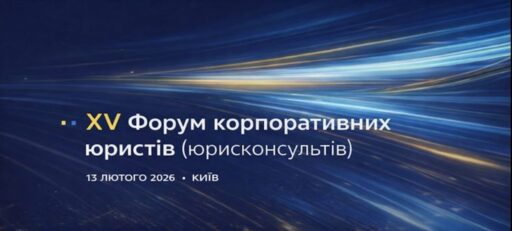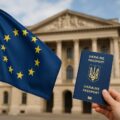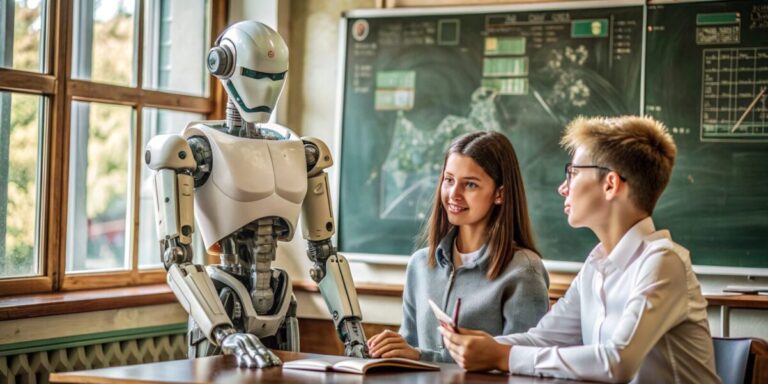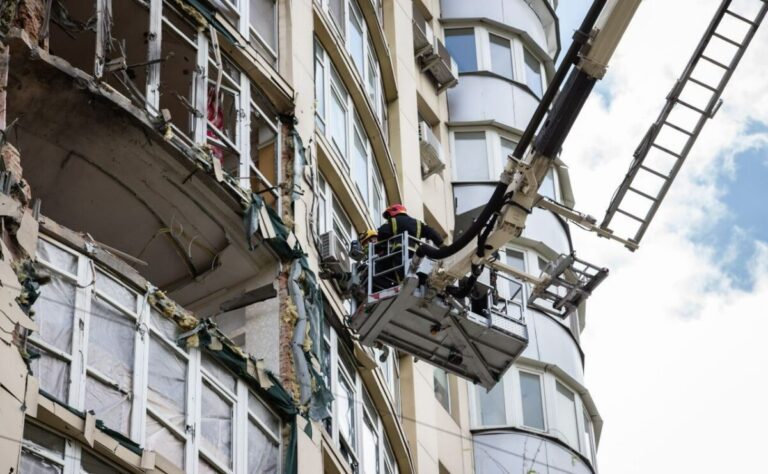
How Lessons on Children’s Rights Help Them Survive War
War changes many things — routines, schools, even the future. But some things remain constant: children’s rights. These rights are not suspended during attacks or air raids. On the contrary, they become even more vital.
In June, Ukraine’s Ministry of Education and Science, together with the Ombudsman’s Office and the Swiss-Ukrainian project DECIDE, introduced a special educational kit — “Children’s Rights in Wartime.” It’s not a PR campaign. It’s a real tool, designed to help children understand how to act when the world around them becomes unpredictable.
Official materials:
https://decide.in.ua/navchalni-materialy/prava-dytyny-v-umovakh-vijny/
What’s inside the lessons?
The package includes five topics:
- Children’s Rights in Wartime
- Identity Under Threat
- Children and Armed Conflict
- Equality and Non-Discrimination During War
- When a Child is Alone in Danger
Each lesson offers:
- a teacher’s guide,
- practical and interactive exercises,
- a short explanatory video,
- reflection tasks.
These aren’t lectures or legal definitions. For example, in the “Identity Under Threat” lesson, children explore what it feels like when someone mocks their surname or origin — and learn how to respond. In the “When a Child is Alone” topic, there’s a clear, step-by-step guide on what to do, who to approach, and how to stay safe if they’re separated from family.
Why does this matter?
1. It’s not just knowledge — it’s survival training
In peacetime, education is about building a future career. In wartime, it’s about protecting yourself. These lessons teach more than the right to safety, education, or protection from violence. They teach how to act if those rights are violated. How to respond to bullying. What to do during evacuation. How to recognize manipulation or danger.
2. It gives children back a sense of control
War often strips children of agency. They don’t make decisions, they can’t influence what’s happening — this creates anxiety. But knowing that they have the right to safety, to ask for help, to be respected — that helps restore a sense of control. It turns confusion into clarity.
3. It builds future civic consciousness
The lessons aren’t only about personal protection. They teach empathy, solidarity, dignity. For instance, the equality module talks not just about defending yourself, but also about standing up for others — for children with disabilities, displaced kids, or those who speak a different language. This helps shape a society that doesn’t fear difference — but embraces and protects it.
Who are these lessons for?
Formally, they’re aimed at:
- school teachers,
- educational safety officers,
- school psychologists,
- parents.
But anyone can use them. The materials are simple and accessible. Families can go through them together at home. They’re suitable for children aged 10 to 16, depending on adult support.
Do they work?
Yes — not just as knowledge, but as prevention of trauma.
A child who knows they have the right to say “no,” to ask for help, to use words and actions for self-defense — is no longer fully vulnerable.
This matters in real situations:
- when mocked for their language or origin,
- when witnessing violence,
- when facing danger or forced evacuation.
Example from the lessons:
“Imagine you’re alone in the city. You can’t find your parents. What do you do first? What does a safe place look like? How do you know who to trust?”
This is not about fear. It’s about having a plan. And that plan can save a life.
Revelant
Rights do not retreat
A common wartime phrase is: “Now’s not the time for rights.” That’s false logic. It is precisely when things are hardest that rights matter most.
The right to protection. The right to education. The right to identity.
If we want a post-war generation that is strong, aware, and not broken — we must invest in it today. Through knowledge. Through conversation. Through teaching.
These five lessons aren’t just school activities. They are practical guides on how to live with dignity during war.
They transform children from passive victims into active individuals who understand their rights, know how to protect them, and see themselves as part of a just society.
Because war will end. But knowledge remains.
And it is through tools like these lessons that a new culture is born — one of dignity, safety, and strength.















